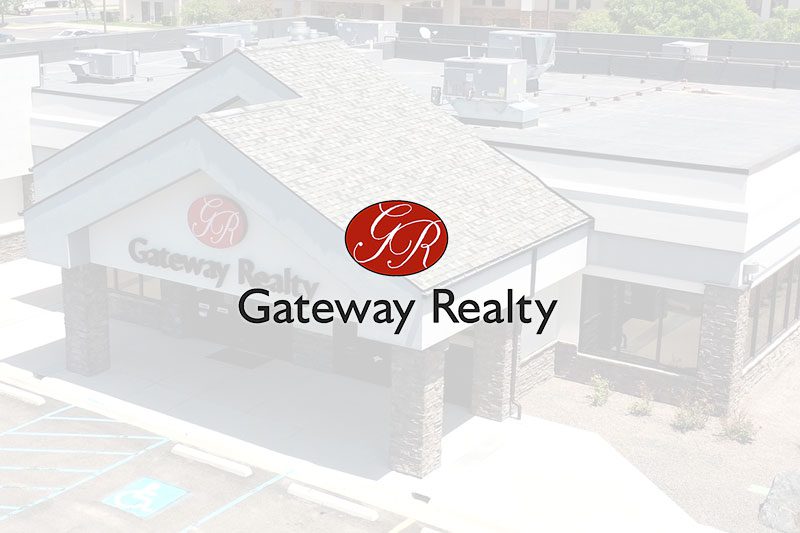The vast majority of us need to take out a mortgage to buy a house. The different types of mortgages can be confusing. The right one for you depends on your personal circumstances and the amount you are intending to borrow. Here is a quick overview of the different types to help you make the right decision and talk to your lender from an educated perspective.
Conventional loans
These are the typical mortgage types most people get. It refers to any loan that is not offered or secured by the government, but rather by a private lender or Fannie Mae/Freddie Mac. While the latter are government sponsored, they are not part of the government.
These loans usually require a minimum credit score of 620, but you will get better rates with a score over 740. The minimum down payment is 3%, but a higher down payment can also help lower your rate. These loans fall into two categories based on the amount being borrowed.
- Conforming loans, which follow the Fannie Mae and Freddie Mac rules. This includes a maximum loan amount, minimum credit score and other guidelines designed to reduce lender risk.
- Non-conforming loans, which do not follow the Fannie Mae and Freddie Mac rules. These loans are considered high risk and generally have tough requirements and higher rates. The most common is a “jumbo” loan, which is a mortgage for properties valued above the Fannie Mae/Freddie Mac limits.
Conventional loans are for people with a strong credit score and enough cash to make a decent down payment.
Government-insured loans
The government backs mortgages to help low- to middle-income families afford a home. These are backed by three agencies.
- FHA: The FHA backs loans for lower income borrowers. You only need a credit score of 580 to get a loan, or 500 if you can afford a 10% or more down payment. They do require an extra premium for small down payments, which is paid annually for the life of the loan. Some people will refinance into a conventional loan to avoid this.
- USDA: This is specifically for people in rural areas. You have to meet income levels and be in an eligible area, but some loans don’t require a down payment. They do have extra fees.
- VA loans: These are limited to active duty military and veterans, as well as their families. They don’t require a down payment or insurance, but do require a funding fee. Lenders often offer a very low rate on these loans.
Government-insured loans are for people who can’t afford conventional loans. However, if you are a veteran, it is worth looking into a VA loan as you can get much lower rates.
To find out more and to ask about our real estate services for both buyers and sellers, contact Gateway Realty today.

